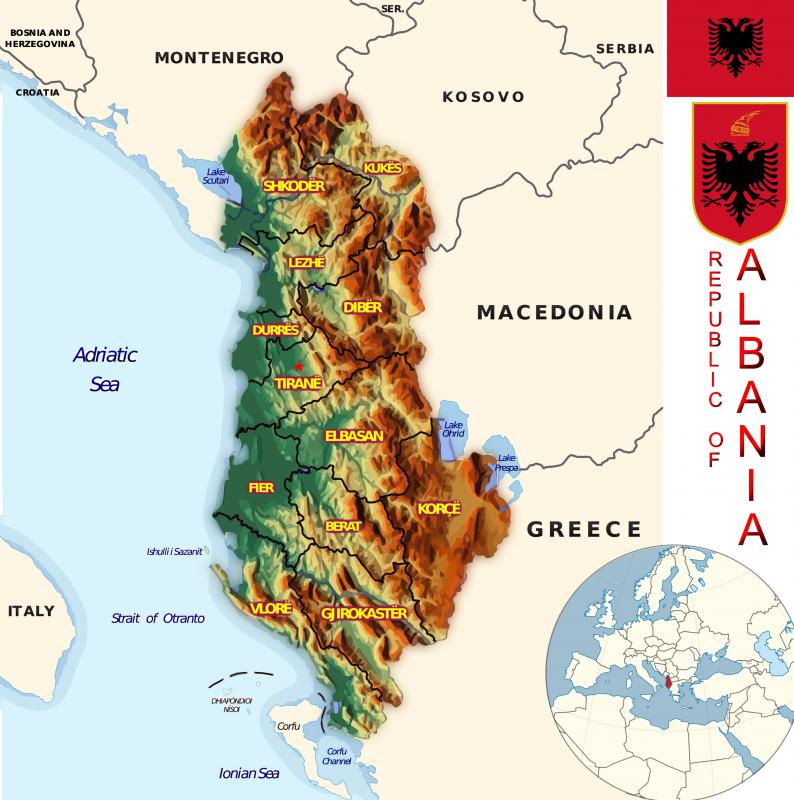At WiseGEEK, we're committed to delivering accurate, trustworthy information. Our expert-authored content is rigorously fact-checked and sourced from credible authorities. Discover how we uphold the highest standards in providing you with reliable knowledge.
What is Denationalization?
Denationalization happens when assets owned or operated by a country are made available to non-nationalized, or private, companies. In some cases, this could be entire business operations. In other cases, it may be equipment or real estate previously under the jurisdiction of a national government.
Denationalization is most likely to happen when a government is transitioning from a communistic system to system based mainly on free enterprise. For example, when Eastern Bloc countries formerly allied with the Soviet Union began to change forms of government in the early 1990s, denationalization was a primary issue. After nearly every operation of those countries was nationalized under the Communist governments, it became a very difficult task to denationalize everything earmarked for the process.

When a country begins the task of denationalization, the primary task is determining how to disperse the assets. For example, distributing assets by bid may be a good way for the government to raise money during the transition period, but most of those who are able to afford such things would likely be foreigners. This would eventually lead to a major outsourcing of wealth from the country to others. Due to this situation, denationalization has the potential to be very disruptive to a country and may cause times of civil unrest.
Therefore, many countries are likely to look at other ways of distributing their assets, or at least look at a policy that includes foreign buyers and nationals. Albania, for example, when it converted in the early 1990s, gave nearly every truck driver in the country his own truck. This allowed for the equipment to stay in the country, and gave those industrious drivers a chance to make a living for themselves. This also allowed for some economic development and creation of personal wealth within the country during the critical period of denationalization.
The issues and demands of a country going through a massive denationalization process can be complex and lengthy. Denationalization can often take years before it is complete and in some cases it may never be complete. As a country evolves, it may find itself denationalizing assets and operations from time to time. Therefore, declaring that a country is finished with denationalization may be problematic.
Denationalization can also take place in countries that are primarily based on free market principles as well. For example, some in the United States believe the Social Security system should be privatized. While it is commonly called privatization in the United States, it is the same as denationalization.
AS FEATURED ON:
AS FEATURED ON:











Discussion Comments
I participated in a simulation once. The simulation was about a developing country that just came out of civil war. Our task was to help this country get back on its feet and my group was playing the government. The organizers of the simulation also gave us tips.
One of the first recommendations was to denationalize government owned assets. It's sort of an accepted fact that the government doesn't run businesses well. It doesn't make as much profit from it as it would if it were privately owned. There is also a lack of competition when it is nationally owned.
In the simulation it really worked. As we privatized assets and industries, the economy grew, unemployment went down gradually and social services also improved because the private industries paid the government a good amount of taxes.
One of my professors at school is an expert on the Soviet Union. She said that when Russia denationalized, they didn't take the necessary protective measures. The result was that much of the industries were sold to individuals and groups that were either engaged in crime or used to be a member or leader of the Soviet Communist party.
I guess when the Soviet Union fell, there was a lot of pressure for newly formed states to privatize. But if it happens too quickly and the government doesn't consider the potential problems, it can really backfire.
Post your comments